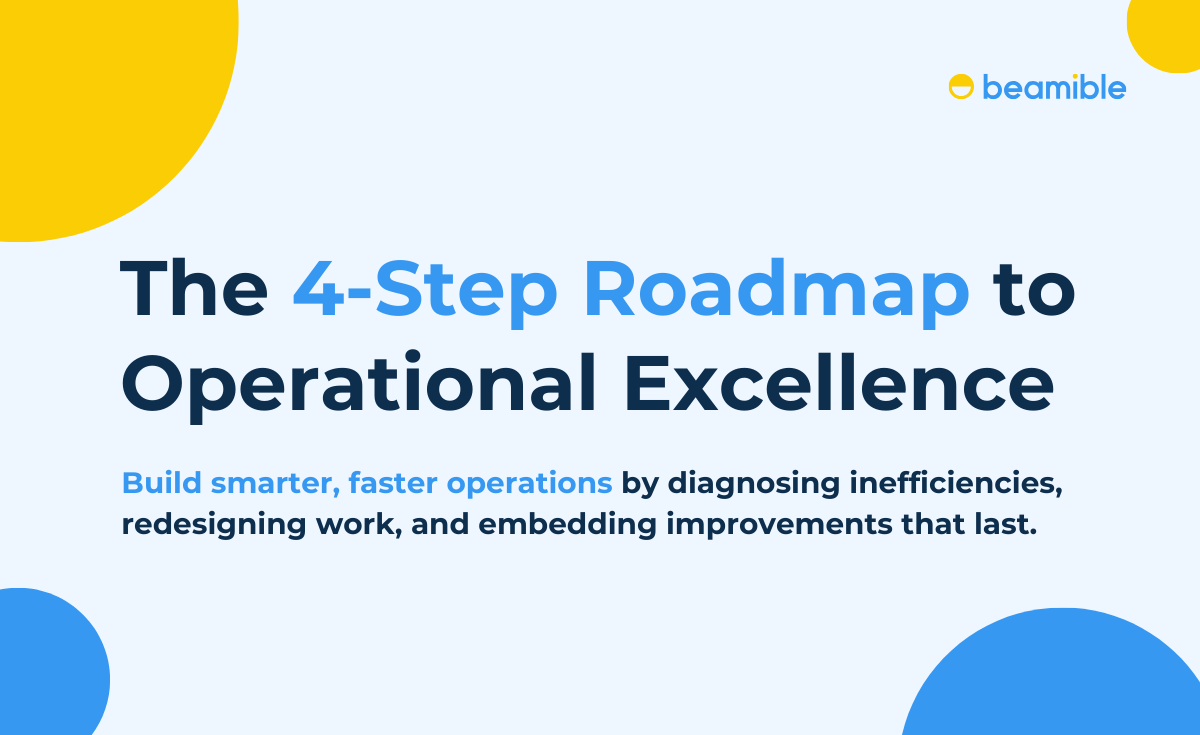Hi Beam!
I would love to change roles, but am finding it daunting applying for full-time roles knowing that I would then need to broach that I am looking for a part-time role, and am still a great candidate to be considered.
At what stage is it best to raise this? In first interview…or later in the process? And how should I approach this conversation?
– E
Big questions.
Firstly, YES, you are a great candidate to be considered.
And secondly, let us just acknowledge that this is indeed tricky. There is a reason Beam exists!
And thirdly, let’s just say, isn’t it crazy that employers might miss out on what you can offer because they’re not offering part-time straight up? This is why we strongly encourage employers to advertise roles as flexible from the get-go.
OK! The answer part. It is long, because there’s a lot to chat about.
There are two main schools of thought on this topic…and the one you choose will probably depend a bit on your personality and what feels most right for you.
Approach 1: Full transparency
The logic here is that approaching the uncomfortable subject early on can prevent it from snowballing into a potentially very awkward conversation at the very end of the process. Also, knowing the deal early on can save time on both sides if part-time is not seen as possible (they should chat to Beam shouldn’t they!).
Employers will value your honesty and, if they are open to part-time, you’ll feel more comfortable through the process.
The trade-off = you may be discounted from the race early on before you have the chance of demonstrating your value.
Approach 2: Tell them at the pointy end of the process
The logic here is that employers will be more inclined to accommodate the request when you are clearly the best candidate for the job. This approach means you can go through the interview process on an even playing field with full-time employees.
Trade-off = many employers feel they have been misled at that point. Even if you’re offered the job, it can be a poor start to an important relationship. This is not the preferred method from an employer’s perspective.
Our advice?
We recommend the former because we believe in full transparency on both sides. And also because this isn’t just about getting the job — it’s about getting a job that’s right for you.
While there are so many things that will determine if part-time is accommodated — company culture, the role design, precedents within the team — the manager’s mindset is so important.
How they feel about part-time work will determine not only if part-time is possible but also whether the part-time arrangement will be effective. Will the role really be designed to be performed 3 or 4 days a week or is the expectation that the same outputs will be delivered as a full-time employee? (We see this one happen WAY too often.)
Will the manager respect your non-working days and not contact you? Will you be considered equally to your full-time colleagues when new advancement opportunities arise? These are the questions you should be considering throughout this process.
Even if the manager agrees to accommodating the part-time requirements, is it truly set up for success, part-time?
So, if you’re going to go the transparent route. Here’s how to approach the part-time question.
Requesting reduced hours (or other flexible work arrangements) is just like negotiating a salary package or pay rise – all of these situations can put us out of our comfort zone.
Get into the right mindset
How we approach the conversation really depends on our mindset and the inner monologue running through our head – e.g. “will they perceive me as being less committed by asking for part-time?” … “will part-time hours inconvenience them?”
So, before embarking on this conversation with a prospective employer, spend some time reflecting on your own beliefs and values about part-time work. Having a firm conviction that reduced hours is not only a great outcome for you but also for their business will give you the much needed confidence to approach the conversation. Some information to reflect on to help shape your mindset:
- The current system of work (eg. 9am-5pm (plus)/5 days a week) is no longer fit-for-purpose. Our modern workforce requires a more dynamic approach to how and when work is done.
- Research shows that part-time workers are more productive than full-time employees.
- If you’re bringing a diverse background to the team, their innovation and business results are likely to increase.
Now you’re confident to have a conversation with a prospective employer about it. And if the answer is “no, part-time is not available”, then it is not personal. This is a reflection of the hiring manager’s own mindset and perceptions about non-traditional work weeks!
(It could also just be…the system. Some companies, especially corporates and government, simply aren’t set up to enable part-time work and can’t move around their salary budgets like that. So just know it’s not you, it’s the machine.)
Here’s how we recommend you approach the conversation
Start with the purpose of the role and why you’re a fantastic candidate for it. What can you bring that is unique and will deliver impact? Why do you want to work for this particular team or organisation?
Whether you’re calling them, writing a cover letter or in an interview, be confident! And very passionate about the role/company. Few employers can resist enthusiasm for their business. The role objectives come first — for the company, the hiring manager and you.
Eg. What a wonderful opportunity to deliver [XXX] impact for [XXX]. I would be thrilled to join the team and bring my experience from [XXX] to help the team achieve [XXX].
Address upfront how the role might be done in a different way and put forward your availability.
Eg. I can see that this role is advertised as full-time. However, I also see that you are flexible employer / all roles flex organisation / innovative, forward-thinking organisation, and I thought you may be open to my application if I am the best candidate for the role, even though my availability is [X] days per week.
I have given the role some thought and have some proposals about how the role can be delivered productively part-time. After all, research shows that part-time workers are more productive / I can bring a fresh, diverse approach to complement your current team, which research has shown will drive innovation and results.
Ask for the opportunity to have an open discussion about it.
Eg. I’d welcome the opportunity to discuss this great role on your team and how I can help you achieve [XXX]. I would also love to chat with you about the opportunity I see to structure the work in a different way, and enable me to make meaningful contributions in the [X] days I am able to work with you. If you’re open to this discussion, please let me know when suits you to meet.
If you’re speaking with an internal HR/recruitment professional for that organisation:
Make it easy for them to put you forward to the hiring manager!
Again, lead with your fit for the role first. You’re the best person for the role, full stop.
Acknowledge that the role is full-time (and reference the company’s stated policy on flexible work if there is one). Ask whether they have a few moments to discuss how the role might be done differently — or if they are open to discussion. Best if you are solutions-oriented, since these roles can be super busy.
If you’re speaking with a recruiter:
Once again, lead with your fit for the role. Is their client going to be WOWED by the recruiter’s ability to find you? Offer them a solution to the full-time/part-time question so they can be proactive with the employer.
Best if you are up front about this early on so you know where you stand and can focus on the opportunities with recruiters and organisations who get it.
Or you can just come to Beam, where all our roles are vetted to be career-worthy, part time roles with vetted organisations 😉
Finally, know that great talent is what makes organisations great. If you have something to contribute, be confident to put up your hand and go for it. They’ll be lucky to have you… however many days you can work!
GOOD LUCK! (And tell us how it goes.)
— Tash, Beam’s organisational design expert





